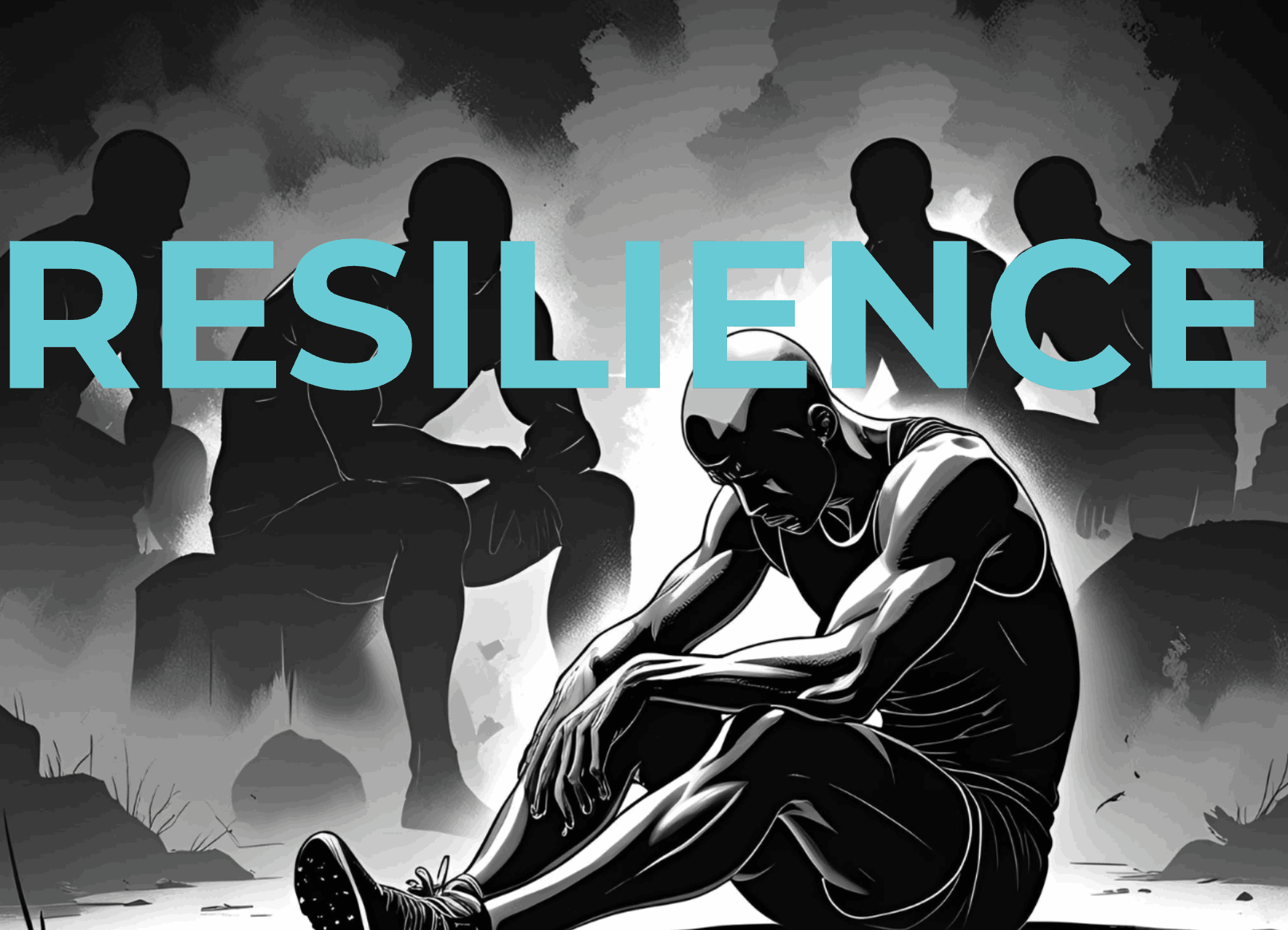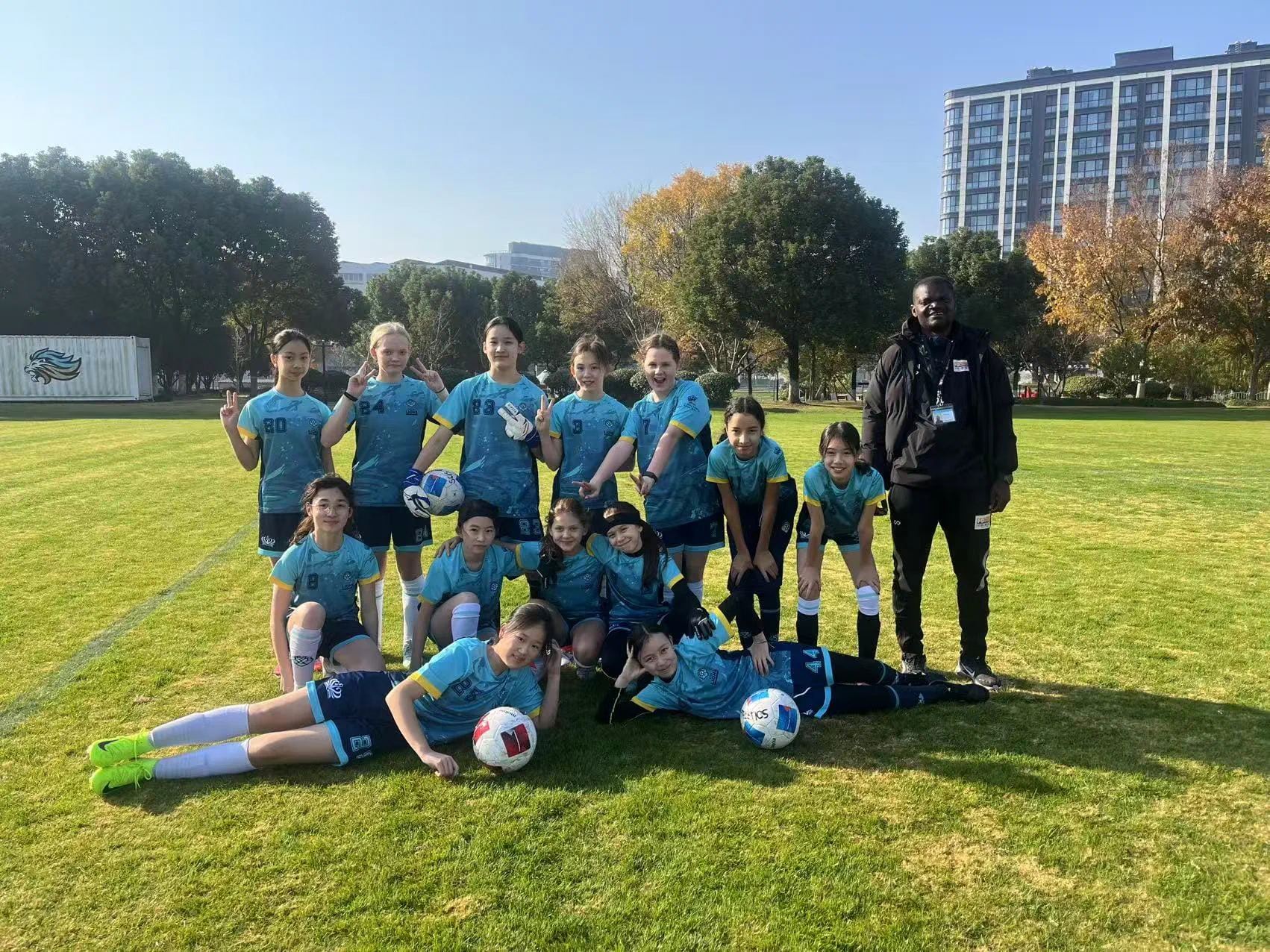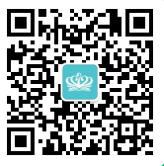By Emma James, Deputy Head (Pastoral)
We are pleased to share details of BISS’ participation as a ‘fellow school’ in the NAE Metacognition Project, as part of the high-quality educational opportunities and experiences BISS provides for students in lessons. Metacognition means ‘thinking about thinking’ and the project is designed to help students to become more self-aware and independent in their learning.
The Metacognition Project has been launched in 27 NAE schools across the world to embed this approach into teaching and learning. We are partnering with an internationally-recognised research team from Boston College’s Lynch School of Education (USA) to help us learn about the impact of our approach and how it can support students in achieving their best academic outcomes.
Dr Kate Erricker said: “This cutting-edge research project is about unlocking students’ full potential, helping them become experts at understanding their own thinking processes and deepening their own learning. This project is pioneering the way we approach education, and we can't wait to see the growth it brings to our students in schools.”
From August 2023, Year 6 and Year 9 BISS students have been working on activities in class to support their progress in metacognition and our Learner Ambition skills - curiosity, critical thinking, compassion, collaboration, creativity and commitment. These are conducted in usual lessons and focus on students using Harvard Project Zero Thinking Routines to support deeper thinking and reflection.
From January 2024, Year 9 have been introduced to the concept of metacognition and been studying the Learner Ambition, ‘collaboration’ where they learn how to relate, communicate, and participate. There are three 'strengths’ for each Learner Ambition of which each are the transferable skills we know make students successful when applied consistently and with awareness. Each Strength can be developed across different subjects and contexts. ‘Relate’, for example, is often not explicitly taught but is a skill that students can apply in all subjects and even in their approach to their own learning and therefore we are integrating this in Science to compliment the subject.
Since August 2023, Year 6 have completed a unit called ‘Reef Explorers’ where they entered an interesting world delving into the life of coral reefs and are now embarking on the next unit called ‘Life finds a way’ which introduces the concept of evolution. Within these units they have also been working on the Learner Ambitions, ‘curiosity’ where they are taught to ask questions, explore and connect, as well as ‘critical’ where they observe, analyse and evaluate across their school experiences. During these lessons the approach taken is:
1. Introduce the Learner Ambition
2. Introduce and set a goal, and model the related Learner Ambition strategy
3. Students practise the strategy
4. Students apply the strategy in lessons over four to six weeks
5. Reflect on progress towards the goal

Read Nord Anglia Education's project launch article
Read the full article on metacognition by Julie Henry
During this two-year research project - The Digital Nord Anglia (DNA) Metacognition Project, Nord Anglia and our school are focusing on integrating technology into lessons to empower teachers to develop student metacognitive growth in a measurable and substantiated way.
The programme aims to:
1. Investigate the factors that contribute to the development of metacognitive skills in students.
2. Examine the relationship between the growth of each element of metacognition, academic outcomes, and student wellbeing.
3. Measure the growth of different elements of metacognition in students.
4. Use the Learner Portfolio tool in this project to facilitate and capture students' reflections and measure metacognitive progress.
With an exciting new advancement in the project, the Learner Portfolio is the tool is being introduced in March to facilitate and capture students' reflections and measure metacognitive progress It provides a “360 view” of a student by visualising student strengths and areas for development across both the Learner Ambitions and aspects of metacognition. It also provides students and teachers with a space to evidence individual metacognitive growth alongside progress through each stage of the metacognitive goal setting sequence.
The purpose of these studies is for our own growth as a school community. The data Nord Anglia collect from students will be used by teachers, school leadership and programme leaders to strengthen and improve teaching and learning opportunities across our schools.
Parents can help play an active role by reinforcing metacognitive processes at home. We invite you to prompt reflection on what your child did when solving a problem, by role-modelling goal setting, or by sharing feedback on the steps you took to overcome a challenge.








